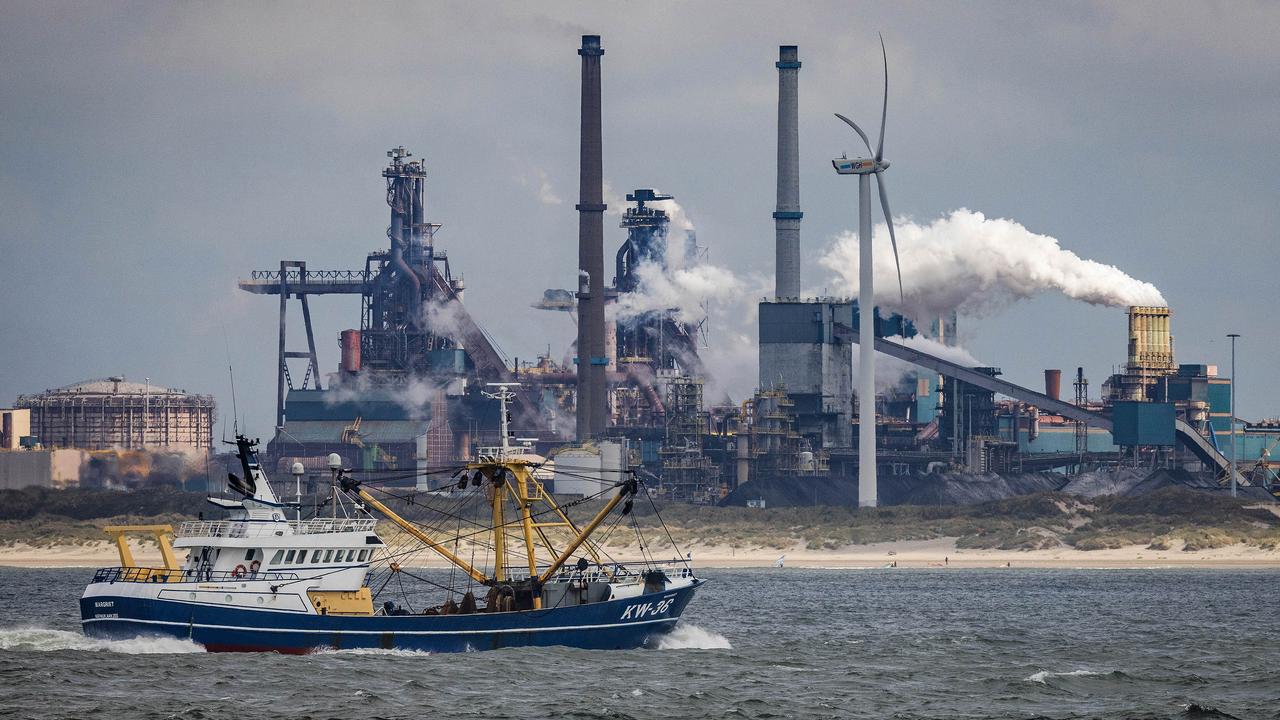It remains uncertain whether the government is on track to achieve the 2030 climate goals. Key elements of climate policy are not concrete enough for the Dutch Environmental Assessment Agency (PBL) to include in greenhouse gas emissions estimates.
The latest calculation by the PBL shows that CO2 emissions will fall 39 to 50 percent in 2030 compared to 1990. This is a slightly better result than last year, when a 38 to 48 percent drop was projected. The 2030 climate goal is to cut emissions by 55 to 60 percent.
But much of the coalition’s climate policy is not yet included in the numbers that the PBL releases on Budget Day. The planning office only considers plans that were already in law last spring or were clearly laid out. Most proposals from the coalition agreement have not yet reached that stage.
This relates, for example, to billions in investments in green hydrogen and other sustainable energy, making a (hybrid) heat pump mandatory and purchasing livestock farms due to nitrogen emissions. On November 1, PBL will release the first account including the effects of those plans, although significant uncertainties remain.
In any case, the PBL warns that the “rapidly changing social context” makes it difficult to predict how quickly greenhouse gas emissions will decline. The recovery after the Corona crisis, the energy crisis, the nitrogen crisis and labor market shortages all make it difficult to calculate how quickly the Netherlands can become more sustainable.
Give more clarity
In addition to the anti-terror law, the State Council also finds that the climate policy of the coalition is not clear enough. “The government shows great ambition, but provides very little information about what will actually happen in the short and long term,” the government’s chief adviser wrote in his annual advice on climate measures.
The Council of Ministers should not only elaborate more on these measures, but also clarify which actions have priority. In addition, the State Council is recommending that the Secretary of Climate and Energy be given a more significant role in setting climate policy across all ministries.
Save energy through high prices
Although a lot of government policies still need to be put in place, rising energy prices are already making things more sustainable. Consumers and businesses consume less energy and invest in greening. This partly explains why PBL expected a slightly stronger drop in emissions than last year.
This year, it can already be seen that homes and industry consume much less gas, which means that the so-called Urgenda goal accessed. The big question is how much of this energy savings is lasting. This will (in part) determine how challenging the government’s climate task will be in the coming years.
The State Council is calling on the Cabinet to speed up energy conservation and other climate measures, especially now. According to advisers, the crisis could “quickly accelerate” the energy transition.

“Lifelong zombie fanatic. Hardcore web practitioner. Thinker. Music expert. Unapologetic pop culture scholar.”








